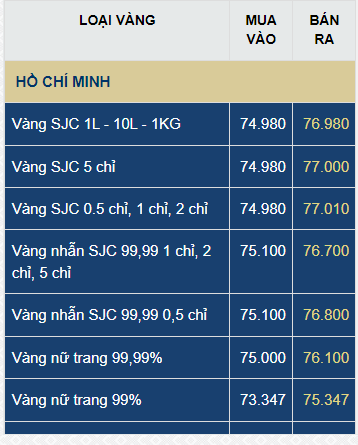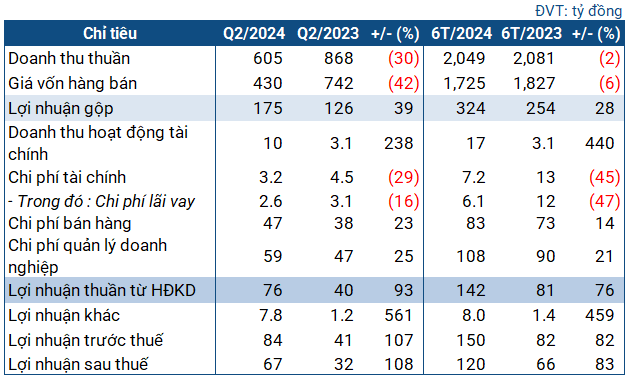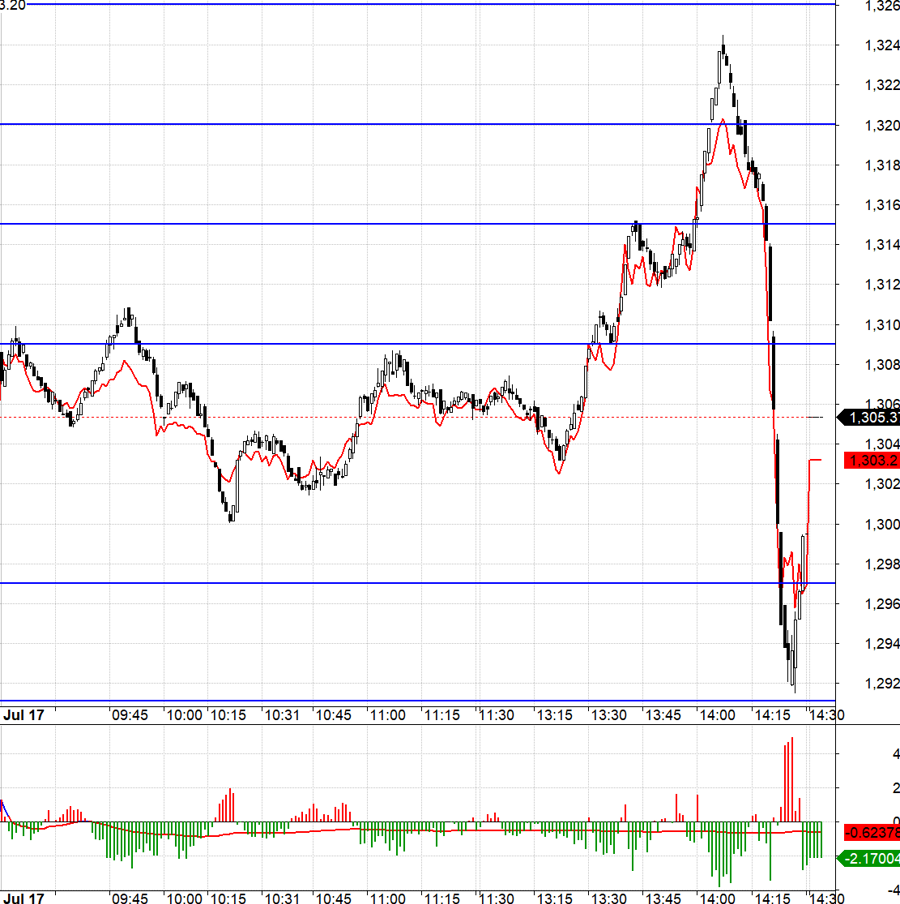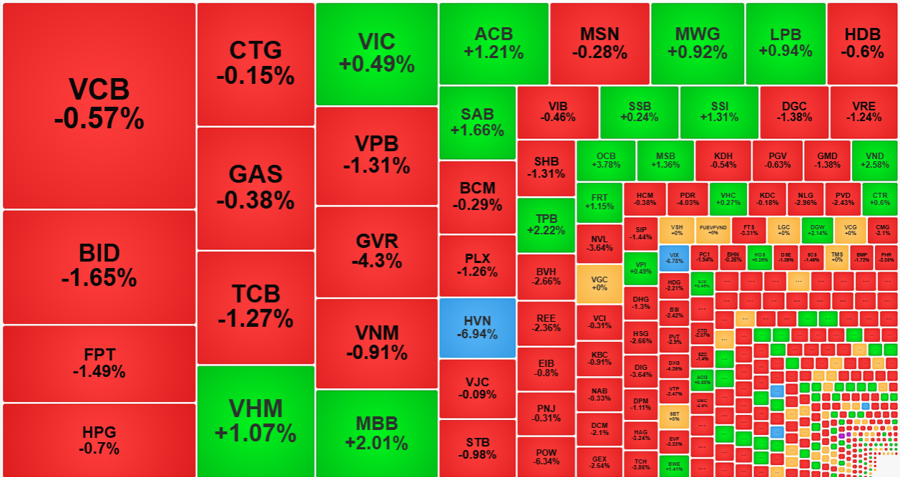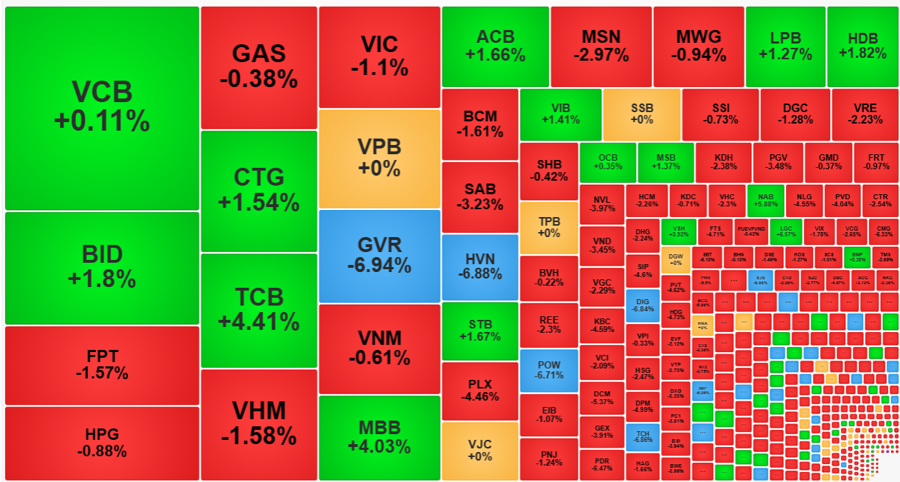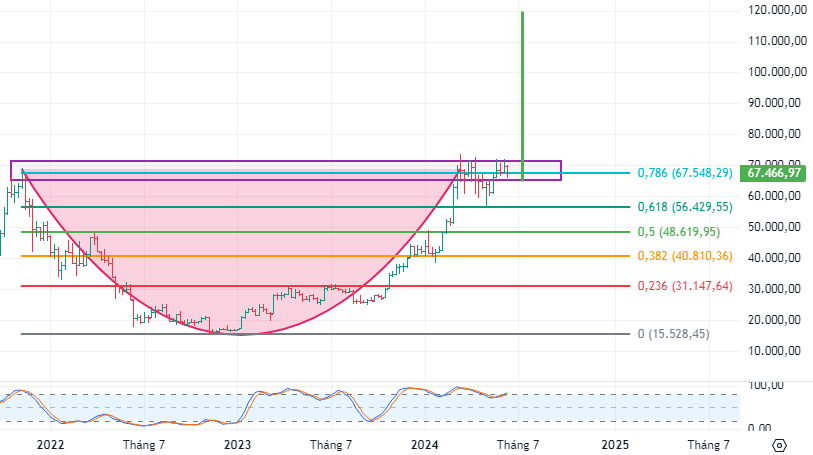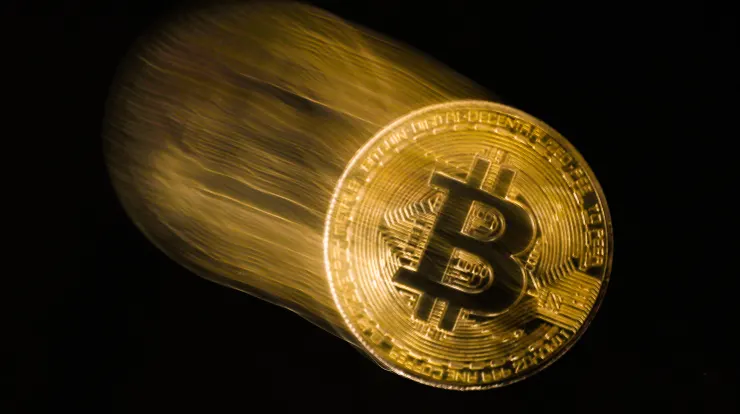During the meeting, Prime Minister Pham Minh Chinh warmly welcomed President Marcos Jr.’s first visit to Vietnam at the state level, on the eve of Vietnam’s traditional Tet holiday, contributing to promoting the friendship and multifaceted cooperation between Vietnam and the Philippines.
Prime Minister Chinh congratulated the Philippines, under the leadership of President Marcos Jr., on achieving significant socio-economic achievements, helping the country maintain high GDP growth among the fastest-growing economies in the region, improving the quality of life for the people, and strengthening its position in the international arena.
The President of the Philippines expressed admiration for Vietnam’s outstanding socio-economic development achievements in recent years and affirmed that the Philippines always values and desires to bring the bilateral strategic partnership to new heights.
To further deepen the bilateral relationship in a substantial and effective manner, both sides agreed to continue enhancing high-level and sectoral exchanges, as well as exchanges at the local level. They emphasized that regular meetings between the leaders of the two countries contribute to strengthening and enhancing political trust and promoting comprehensive bilateral cooperation.
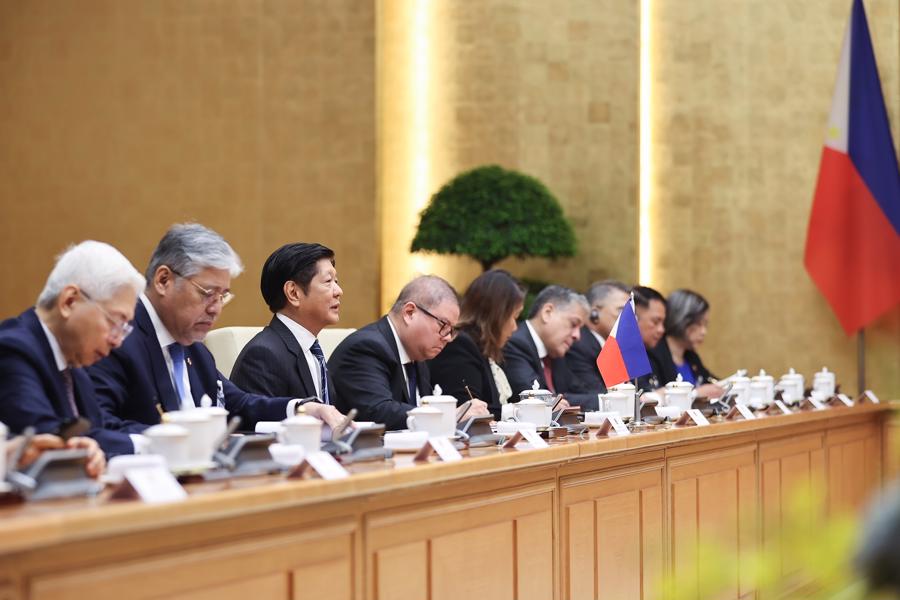
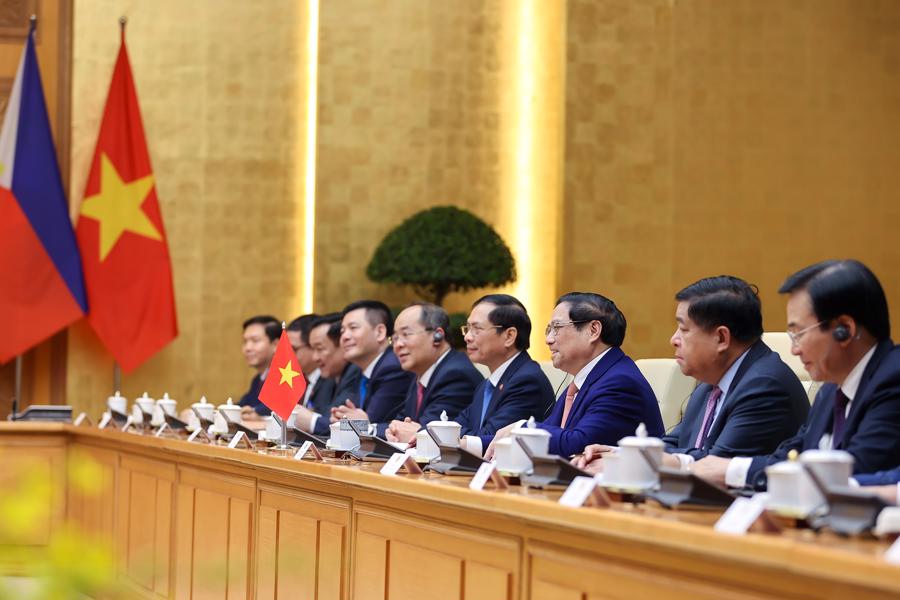
Leaders at the meeting – Photo: VGP
Both sides also agreed to promptly implement the full range of bilateral cooperation mechanisms, conduct a comprehensive review of the Action Program for the Implementation of the Strategic Partnership for the 2019-2024 period, and establish a new action program that prioritizes new potential areas, such as digital transformation, green economic development, circular economy, climate change adaptation, and energy transition.
They discussed measures to enhance economic, trade, and investment cooperation, aiming to reach a bilateral trade turnover of USD 10 billion by 2025. In addition, they aim to create a favorable business and investment environment, especially in areas where both sides have demand and strengths, such as processing technology, infrastructure, automotive supporting industries, renewable energy, and high-tech agriculture.
Regarding rice trade, the Prime Minister affirmed that it is one of the important areas of cooperation with the Philippines, not only for economic benefits but also for ensuring food security. He proposed that both sides effectively implement the Memorandum of Understanding on rice trade cooperation signed on this occasion.
On defense and security cooperation, the two leaders affirmed that they will continue to leverage the role of the defense and security cooperation mechanism, resume the Joint Commission on Maritime and Ocean Affairs at the Deputy Foreign Ministerial level, enhance joint patrol effectiveness, search and rescue at sea, and strengthen cooperation in combating drug and other crimes such as cybercrime, high-tech crime, and economic crime.
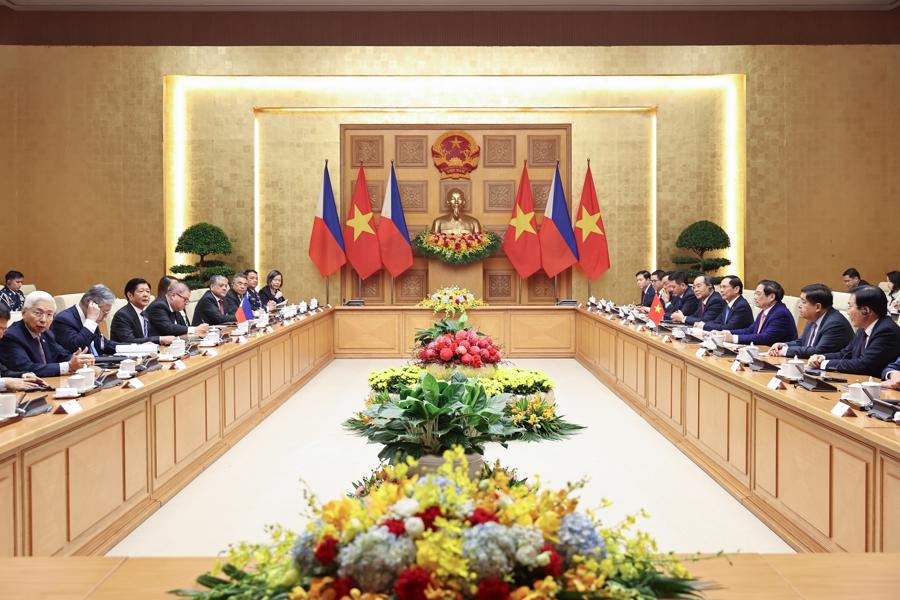
President Marcos Jr. agreed with Prime Minister Pham Minh Chinh’s proposal to strengthen cooperation in areas with untapped potential, such as education and training, science and technology, tourism, culture, people-to-people exchanges, and local cooperation. He encouraged the addition of direct flights connecting famous destinations between the two countries.
In the exchange on international and regional issues, the two leaders highly appreciated the close coordination between the two countries at regional and international forums such as ASEAN, the United Nations, APEC, and ASEM. They emphasized the importance of maintaining ASEAN’s unity and centrality and agreed to build a strong, united, and self-reliant ASEAN Community.
On the South China Sea issue, both sides agreed to continue close coordination with ASEAN countries and partners to maintain and implement ASEAN’s common position on the South China Sea, ensure full and effective enforcement of the Declaration on the Conduct of Parties in the South China Sea (DOC), promote negotiations and the development of an effective and efficient Code of Conduct in the South China Sea (COC) in accordance with international law, including the United Nations Convention on the Law of the Sea (UNCLOS) 1982. They also emphasized the building of the South China Sea as a region of peace, cooperation, and development, contributing to the stable, prosperous, and sustainable development of the region and the world.









